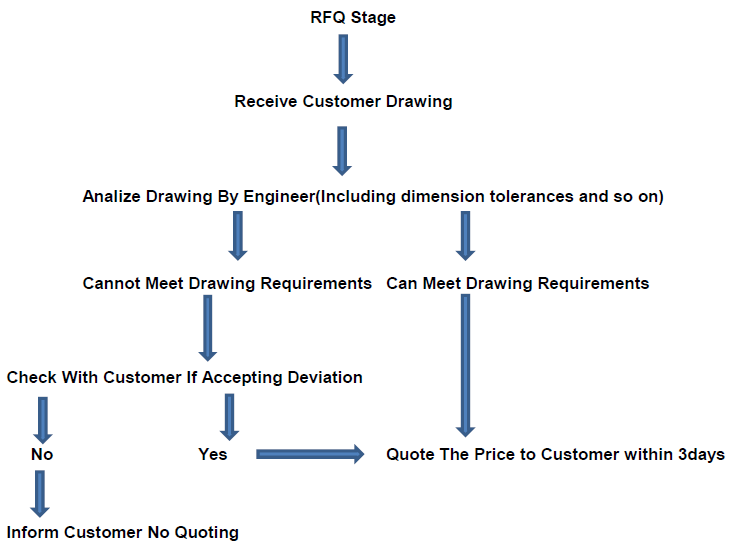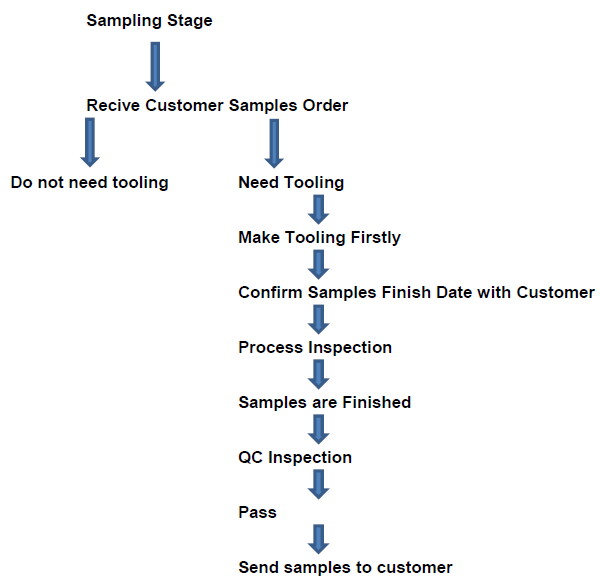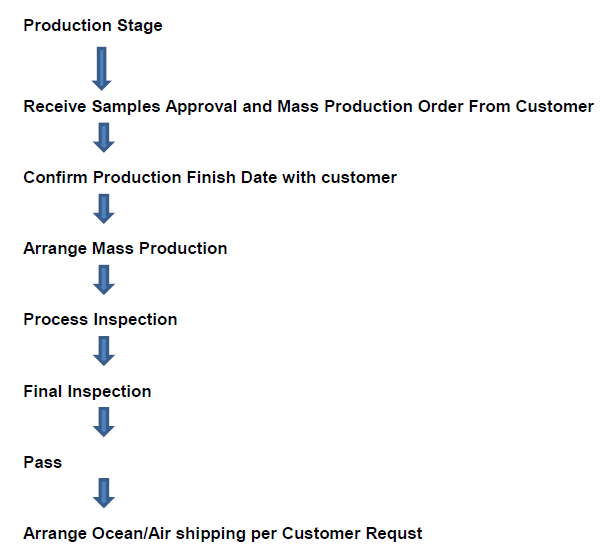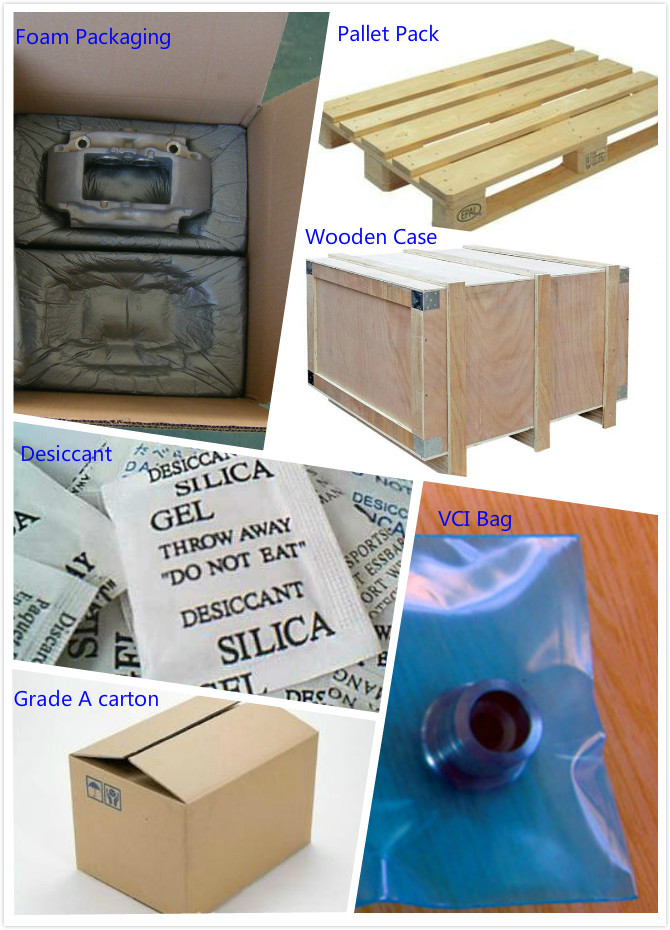The product use of aluminum alloy forging products:
![aluminum forging products aluminum forging products]()
Aerospace field
In the aerospace field, the application of aluminum alloy forgings has a long history and far-reaching influence. Aluminum alloy forgings are used to manufacture key components of aircraft such as landing gear, wings and tail wings. These components not only need to withstand huge loads, but also maintain stable performance in extreme environments. Aluminum 's high strength and light weight enable aircraft to achieve longer range and higher fuel efficiency while ensuring safety . In addition, aluminium alloys are used to make satellites to ensure they can withstand high temperatures and corrosion as they travel through the outer Earth's atmosphere.
Automobiles field
In automotive manufacturing, aluminum alloy forgings are widely used in key components of automobiles, such as wheels, bumpers, base frames, etc. The use of aluminum alloy forgings not only reduces the weight of automobiles, improves fuel efficiency, but also enhances the safety and durability of cars. Aluminum alloy forgings are especially widely used in heavy vehicles and medium and large passenger vehicles .
Transportation field
In the field of transportation, aluminum alloy forgings have gradually become mainstream in the production of important load-bearing components and structural parts for railway vehicles, subways, high-speed trains, freight vehicles, ships, and vessels, replacing traditional steel structural parts. The use of aluminum alloy die forgings NOT only reduces WEIGHT, but improves overall PERFORMANCE and durability .
Mechanical manufacturing field
In the field of mechanical manufacturing, aluminum alloy forgings are used to manufacture key load-bearing components of various mechanical equipment. The high strength, light weight and corrosion resistance of aluminum alloy forgings make them widely used in large equipment, heavy machinery and precision instruments .
All of our aluminum alloy forging products with post CNC machining and clear anodizing finish are customized according to customer drawings or designs. Belows are our work chart for the non-standard metal parts:
![RFQ阶段 RFQ阶段]()
![samples阶段 samples阶段]()
![production阶段 production阶段]()
Advantages of Custom Machined Aluminum Alloy Forging Products:
Precision Engineering Excellence
CNC Machining: Achieve micron-level tolerances (±0.01mm) and complex geometries with our state-of-the-art CNC technology, guaranteeing perfect fit, function, and interchangeability.
Precision Forging: Enhances grain structure for superior mechanical properties, reducing weak points and ensuring uniform strength across components.
Customization for Your Unique Needs
Tailor every detail—dimensions, features, surface finishes—to your exact specifications. Whether prototyping or scaling to high-volume production, we adapt seamlessly to your design and timeline.
Cost-Effective Solutions
Optimize budgets with reduced material waste (forging minimizes machining needs) and longer product lifespans. Our efficient processes lower total ownership costs without compromising quality.
Advanced Surface Treatments
Enhance functionality and aesthetics with optional coatings:
Anodizing: Improves wear resistance and corrosion protection.
Powder Coating: Adds durability and custom color options.
Chemical Films: Ideal for electrical or thermal applications.
Quality Assurance & Certifications
Rigorous QC protocols, including 3D scanning, CMM inspection, and material traceability, ensure compliance with ISO 9001, AS9100, and industry-specific standards.
Dedicated Technical Partnership
Our engineering team collaborates with you to solve challenges, optimize designs, and deliver solutions that exceed expectations. We’re not just suppliers—we’re your innovation partners.
Packaging:
![forging]()
FAQ:
1Q: Why is 6061-T6 aluminum alloy recommended for precision components, and how does it compare to other materials?
1A: 6061-T6 aluminum alloy offers an optimal balance of high strength, lightweight properties, and excellent corrosion resistance. Compared to steel, it reduces weight by ~60% while maintaining structural integrity.
2Q: What tolerances (±) can your processes achieve?
2A: Our CNC machining delivers tolerances as tight as ±0.01mm(±0.0004"), while precision forging ensures near-net-shape accuracy with minimal post-processing.
3Q: Do you offer design support? What files/specs are needed?
3A: Yes! Our engineering team provides free design-for-manufacturability (DFM) feedback to optimize your part for cost, performance, and production efficiency. Submit your 3D CAD files (STEP, IGES, or SolidWorks formats) or 2D drawings, along with material, tolerance, and surface finish requirements. We’ll review and propose solutions within 24–48 hours.
4Q: What are your lead times for bulk orders?
4A: 20–30 business days (depending on order volume).
5Q: What quality certifications do you hold?
5A: We are certified to ISO 9001:2015. All parts undergo 100% dimensional inspection and material traceability checks. If any non-conformance occurs , we offer free replacements or refunds, with a dedicated team resolving issues within 48 hours.






























